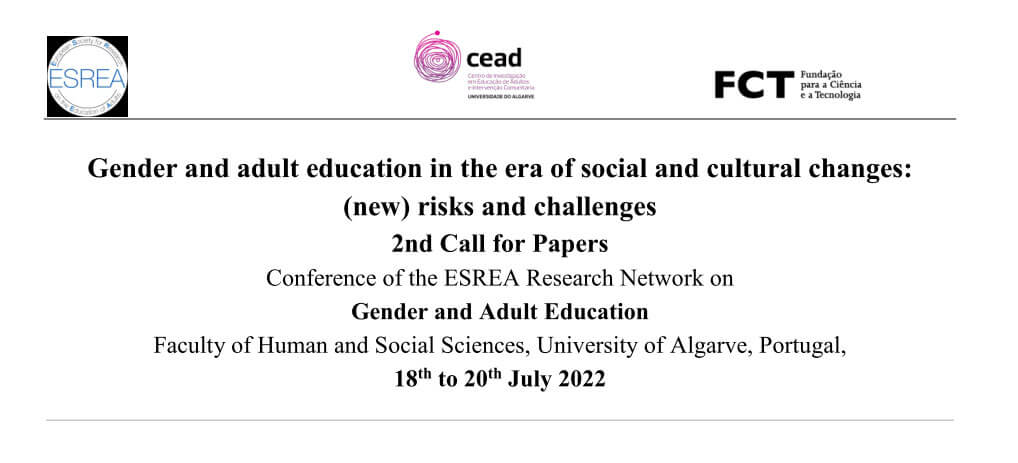
Gender and adult education in the era of social and cultural changes: (new)
risks and challenges
Introduction
In the era of globalization, a significant number of countries in the world experience similar social and cultural phenomena at three basic levels: macro-social and cultural changes, changes in individual identities and shifts in the area of socialization and education. Bauman emphasizes that globalization both divides and unites, leading to different living conditions for entire populations. In postmodernity, freedom of movement and mobility as a factor shaping social divisions become the highest value. According to the author, the progressing spatial segregation, separation and exclusion are a part of the globalization process. As a consequence, social inequalities and conflicts increase, also on the basis of nationality or race, as well as migration crises appear. In addition to the globality of migrations, extremely important trends are the intensification, diversification of migration movements due to their source, feminization and politicization.
People are increasingly experiencing cultural differences. Despite the processes of levelling life opportunities of people from different social groups in democratic societies, social antagonisms still exist, which inhibit the dialogue and development of their members. Using a gender perspective of analyses, men and women sometimes experience different challenges which are not new due to its patriarchal roots but may appear with distinct configurations and with weak visibility.
Postmodern theorists emphasize that the process of change is characterized, on the one hand by a progressive weakening of traditional social bonds and coercion, and on the other hand by an increase in the space of personal freedom. The desire for autonomy is a basic life experience nowadays. Human biographies become ‘self-reflective’, as Beck2 argues, transformed from biographies designated by society into biographies created by individuals. Such a change requires people to acquire the ability to think about themselves in the categories of creators of their own lives: planning, adapting to change, initiative, determination, flexibility and resistance to frustration. Contemporary people are forced to constantly make choices and make decisions independently; they must lead their own independent lives, freeing themselves from granted family ties, referring to new rules. However, the ‘biography of choice’ may turn out to be a ‘biography of risk’, because behind the facade of success there may be the danger of failure, for which, by taking control of their own life, people will have to take full responsibility.
Tipo: “Encontros Científicos”
Evento: Conference of the ESREA Research Network on Gender and Adult Education: “Gender and adult education in the era of social and cultural changes: (new) risks and challenges”
Data: 18 a 20 de julho de 2022
Local: Faculdade de Ciências Sociais e Humanas, Universidade do Algarve, Portugal

